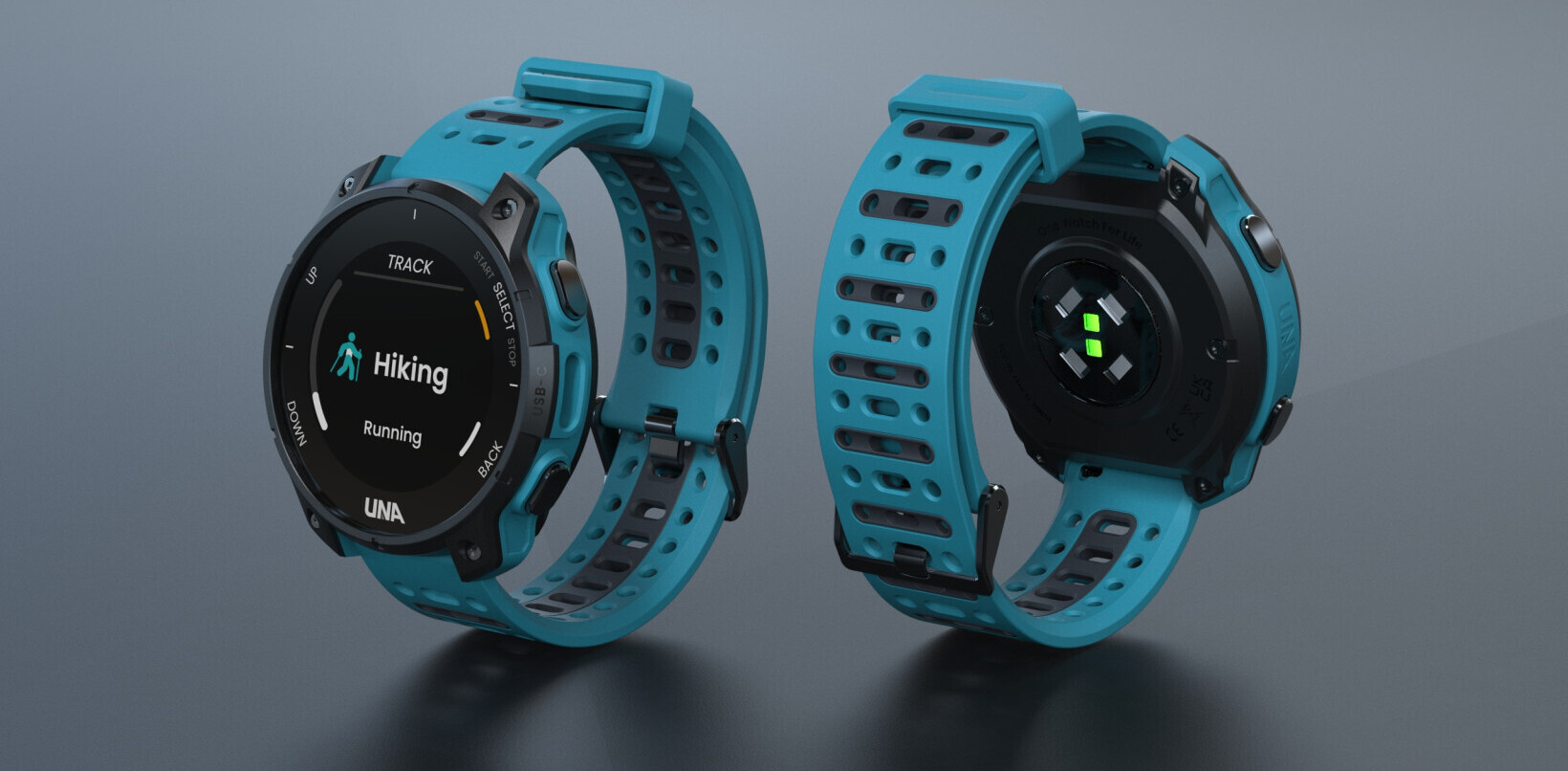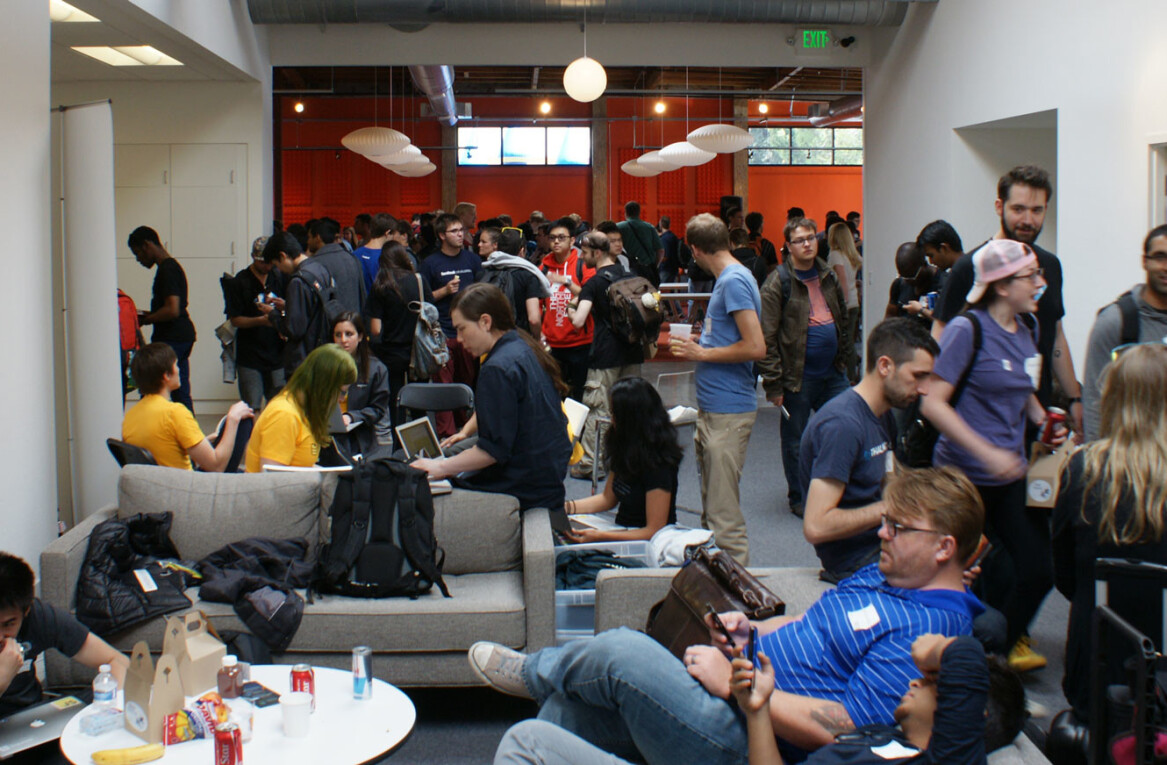
 Last week at the O’Reilly Where 2.0 Conference, we had a chance to interview Loopt CEO Sam Altman (right) about how Loopt is doing, and especially around how advertising is evolving to take advantage of social location services.
Last week at the O’Reilly Where 2.0 Conference, we had a chance to interview Loopt CEO Sam Altman (right) about how Loopt is doing, and especially around how advertising is evolving to take advantage of social location services.
TNW Location: To start out, why don’t you tell our readers a little bit about Loopt.
Altman: We started out just trying to show people where their friends are. Our philosophy at the time was to get as many devices covered as possible. Now we work across all of the US carriers and all of the major device platforms. We have more than 3 million users, growing well over 15% per month right now, and will be at 4 million users soon. Privacy concerns are still there but they’re not [the top concern]. Users really like the value that these services bring.
Recent activity, privacy & partnerships
TNW Location: What has Loopt been doing recently?
Altman: About 5 months ago we added Places. When a user finds a friend, they can find somewhere cool to go. There is a lot of different ways that we generate this list of places. We look at where the users are: if there is a place that is unusually dense [such as a popular night at a bar], we suggest that maybe it’s a good time to go to that bar; we look at what your friends like – that tends to be a great predictor; we pull in data from many different sources, such as local papers, city search engines, etc.
Once we did that, users started to tell us that they were getting used to the Places concept, but something that is missing with Loopt – and in fact in all such services – is events. There is no way to find out cool events. For example, you can’t [find results by] type into Google, “concerts around here”, even though you can find results for “Italian food around here.” So we added events about 3 weeks ago, and it’s done great.
TNW Location: Privacy, privacy, privacy – it’s the first thing everyone says when location is mentioned. What’s your take?
Altman: If people have a problem with clickstreams, they’re really going to have a problem with footstreams. But I think the value to the user is so large, that it’s going to happen. We just need to give the users complete control of their data, and make it clear how we are using it.
TNW Location: We’ve noticed that major players are getting more interested in integrating social location services/features into their offerings (for example, Bing maps integrating Foursquare data). Do you receive a lot of partnership interest?
Altman: Yes, we constantly receive partnership requests, and lately the volume has increased. I think that the major players had been taking a wait-and-see approach to location because of privacy concerns, but now that these services are becoming more mainstream, they are becoming much less concerned. Now they want to partner as much as they can with everybody.
TNW Location: Do you have any specific partnerships to announce?
Altman: Nothing to announce right now, but we have a couple of big partnerships coming up in the next month.
Facebook & Twitter
TNW Location: Let’s talk about Facebook for a minute. Loopt has had a long relationship with Facebook, you were one of the first major apps on the Platform. What do you think Facebook will announce around location at f8 later this month?
Altman: I can’t talk specifically about anything that we’re doing [regarding Facebook’s location announcement at f8] – so I’ll just talk about things that have been rumored around the Internet. The prevailing rumor on the Internet is that Facebook wants to be the prevailing hub for location, and a platform for other services, not necessarily developing these services themselves. If that’s true, that’s really great for companies like Loopt.
I think that a centralized access to location is really good, especially if the company doing it is not focused on developing great [location] services on top of that. Facebook as a platform is unbelievable – the growth we see from there, the power of Facebook Connect is just awesome. So if they add [a location layer] to that, that’s great.
TNW Location: We recently covered a change in Facebook’s terms of service that says Facebook will focus around “places” – which we read as will focus around location tied to their Fan Pages. Any comment on that?
Altman: Again, based on Internet rumors, if Facebook wants to kill any company in this space, it’s Yelp. They’re really interested in having merchants have a Facebook Page with location, and being the source for which of your friends like that page. That said, I think that [whatever Facebook does] it will revolve around mobile. I think that Facebook, however, doesn’t want to deal with ‘location sharing’ except perhaps as a tag around a status update.
TNW Location: Let’s talk about Twitter for a minute. Loopt doesn’t seem to rely too much on Twitter.
Altman: We see consistently less and less engagement, growth and virality out of Twitter compared to Facebook, with the disparity increasing not decreasing.
Location based advertising
TNW Location: Location-based advertising – especially behavioral or predictive targeting – has always been kind of a holy grail of mobile. Are you seeing this finally becoming a reality?
Altman: Retailers and advertisers are incredibly focused on [behavioral targeting]. Not just from an advertising perspective, but also from a customer service view. For example, they can show a customized list of services or even similar people – we have another product called Loopt Mix. One of the concepts that I’ve always liked is the concept of familiar strangers – people that move through the world in the same way that you do and matching those people up because they probably have a lot in common.
TNW Location: What are the trends in advertising that you are seeing?
Altman: One major trend that we’re seeing in the space – we work with a lot of big advertisers that do location-based ads – and we’ve mostly been doing banners here. But I think there’s a big trend shift going on in supplement to banners to advertisers becoming increasingly interested in the loyalty concept. For example, a national coffee chain might say, “I don’t need to advertise anymore because everyone knows who we are. Now I want to incentivize and reward people for coming to my stores.”
The obvious example of this is a coffee punch card – i.e. buy 10 cups of coffee and get one free. But it gets much more interesting when you say, “come with three friends,” or, “come ten times in the afternoon”. I’ve always loved that model, but only recently have advertisers started to say that they want to do this. I think that aligns everyone’s incentives really well.
TNW Location: How has the US recession affected advertising spend to Loopt?
Altman: We saw a dip and then a big rebound. I think partly that’s because when people have limited dollars, local is [the most important place to spend].
TNW Location: Right now what are the location ad platforms available to developers?
Altman: The Google ad unit for mobile does do location targeting and delivers significantly higher CPMs than other ad units. That said, we’ve built our own ad platform because there is no good alternative.
TNW Location: So is there still room for such a platform?
Altman: Yes, I do. I think Google will do it well soon.
TNW Location: Great. Anything else you’d like to add?
Altman: We’ll have an iPad app [see our coverage]and after that we’ll be releasing a new product in a few weeks that we’re really excited about.
Get the TNW newsletter
Get the most important tech news in your inbox each week.




